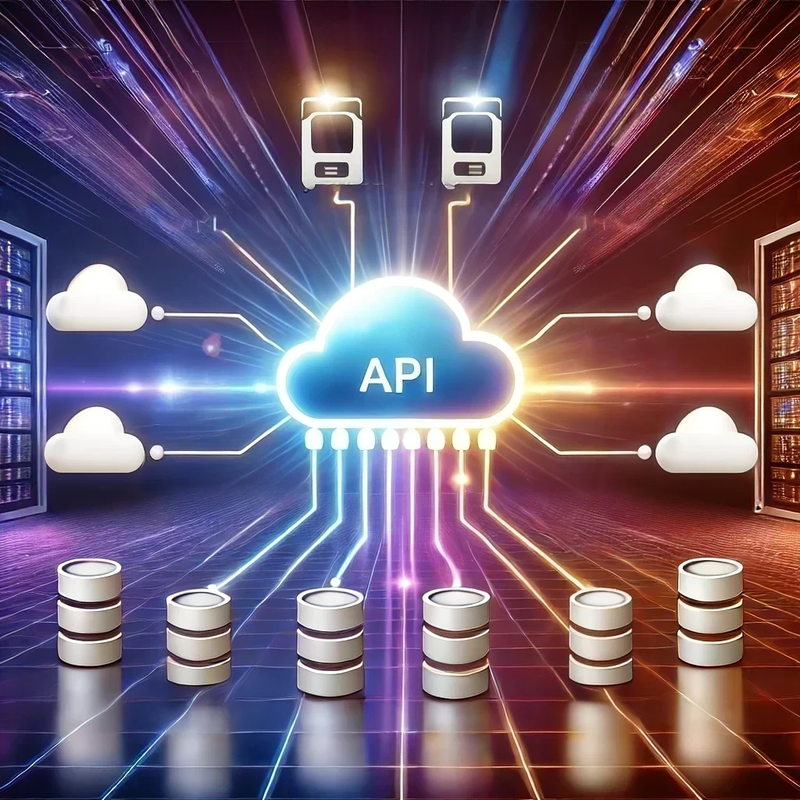Loading content...
Published on
Building AI Agents for Kubernetes Using the Inference Gateway (Rust SDK)

Artificial intelligence workloads have become a cornerstone of modern applications, and Kubernetes is at the forefront of container orchestration